Introduction
Blockchain technology is at the core of cryptocurrencies like Bitcoin, but its potential extends far beyond that. For BTC solo mining enthusiasts and miners using crypto mining hardware, understanding blockchain is essential. In this article, we’ll explore what blockchain is, how it works, and how it relates to mining. Additionally, we’ll look at how Lucky Miner provides crypto mining hardware that enhances mining performance with features like high hash rate, low power consumption, and an advanced cooling system.
What is Blockchain?
Blockchain is a decentralized and distributed digital ledger used to record transactions across many computers. This technology ensures that every transaction is transparent, secure, and tamper-proof. A blockchain consists of a series of blocks, each containing transaction data, linked together in a chain. Because the blockchain is decentralized, it operates independently of any central authority, making it an ideal system for cryptocurrencies.
In the context of BTC solo mining, blockchain is crucial. It is the technology behind Bitcoin and other cryptocurrencies, ensuring that transactions are secure and verified. Miners validate these transactions by solving complex cryptographic puzzles, which is where Lucky Miner’s high-performance hardware comes into play.
How Blockchain Works in Mining
Blockchain works by allowing miners to validate and add new transactions to the ledger. When a miner solves a cryptographic puzzle, they are rewarded with cryptocurrency. This process is known as proof of work, and it is fundamental to BTC solo mining. The blockchain ensures that each transaction is recorded and verified without the need for a central authority, making it a trustless system.
For those engaged in BTC solo mining, having the right hardware is crucial for solving these puzzles quickly and efficiently. Lucky Miner offers an advanced ASIC miner machine designed to deliver high performance. With a powerful hash rate, low power consumption, and an efficient cooling system, Lucky Miner ensures that you can mine with minimal energy costs while maintaining optimal mining performance.
Why Choose Lucky Miner for BTC Solo Mining?
If you’re looking to mine independently, Lucky Miner is the ideal choice. With its high hash rate and low power consumption, it ensures that your mining operations run smoothly and efficiently. Here are some of the key reasons why Lucky Miner is considered the best solo lottery miner for independent miners:
-
High Hash Rate: The Lucky Miner offers an exceptional hash rate, enabling efficient mining operations and quick validation of blocks in BTC solo mining. This high hash rate is crucial for staying competitive in the mining process.
-
Low Power Consumption: Mining can be energy-intensive, but the Lucky Miner is designed to optimize power consumption, reducing electricity costs and increasing overall mining efficiency.
-
Cooling System: The cooling system integrated into Lucky Miner prevents overheating during extended mining sessions, ensuring that your hardware remains at optimal temperatures and operates reliably over time.
By combining these features, Lucky Miner provides miners with the tools they need to optimize their operations while reducing energy waste and extending hardware life.
Blockchain’s Impact on the Future of Mining
Blockchain technology has revolutionized the way we conduct financial transactions and has a profound impact on mining. As blockchain continues to evolve, its influence on mining will only grow. For miners engaged in BTC solo mining, understanding blockchain is critical for maintaining a competitive edge in the industry. The ability to mine efficiently and securely relies heavily on the integrity of the blockchain, and this is where Lucky Miner’s powerful crypto mining hardware comes in.
In addition to improving mining performance, blockchain technology also paves the way for new applications in the crypto space. With decentralized systems growing in popularity, miners will need hardware that can support the scalability and security required by emerging cryptocurrencies. Lucky Miner provides the reliable hardware that miners need to stay ahead in this evolving industry.
Why Blockchain Is Essential for the Crypto Ecosystem
Blockchain is more than just the foundation for Bitcoin; it is the backbone of the entire cryptocurrency ecosystem. By ensuring transparency, security, and decentralization, blockchain enables a trustless system for digital transactions. This decentralized nature makes blockchain a revolutionary force in finance and beyond.
For BTC solo mining and other mining operations, blockchain technology ensures that miners are rewarded for their efforts in a secure and transparent manner. Miners use their crypto mining hardware to add blocks to the chain, validating transactions and maintaining the integrity of the blockchain. As blockchain continues to expand and improve, miners will need advanced tools to keep pace with the growing demands of the crypto market.
Conclusion
Blockchain technology is the driving force behind cryptocurrencies like Bitcoin and is essential for those engaged in BTC solo mining. By understanding how blockchain works and investing in high-performance crypto mining hardware like Lucky Miner, miners can ensure that their operations are efficient and secure. With features such as high hash rate, low power consumption, and an advanced cooling system, Lucky Miner is the best solo lottery miner for those looking to optimize their mining setup and maximize their mining performance.
As blockchain technology continues to grow and evolve, it will remain a key component of the crypto landscape. For miners, understanding blockchain and using the right crypto mining hardware are essential to staying competitive and succeeding in the world of BTC solo mining.



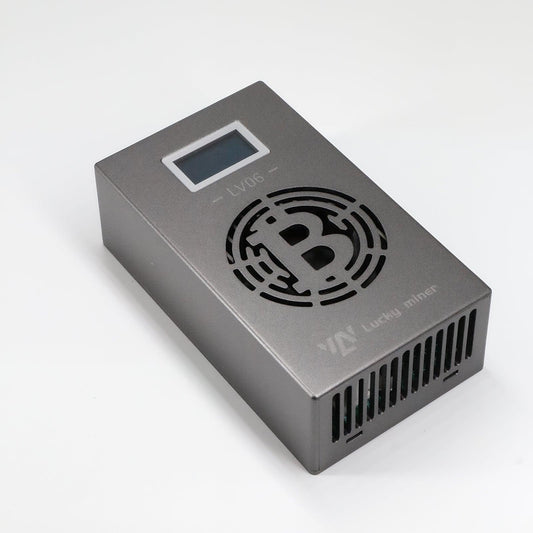

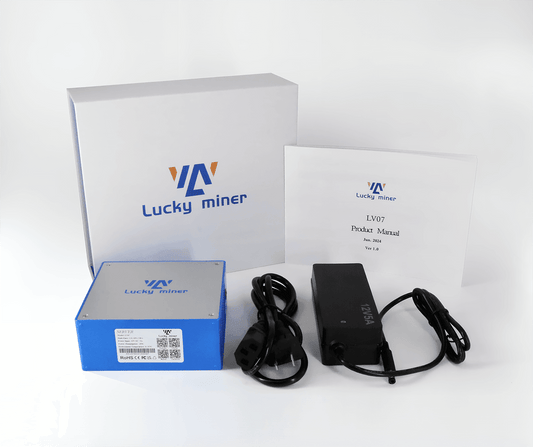



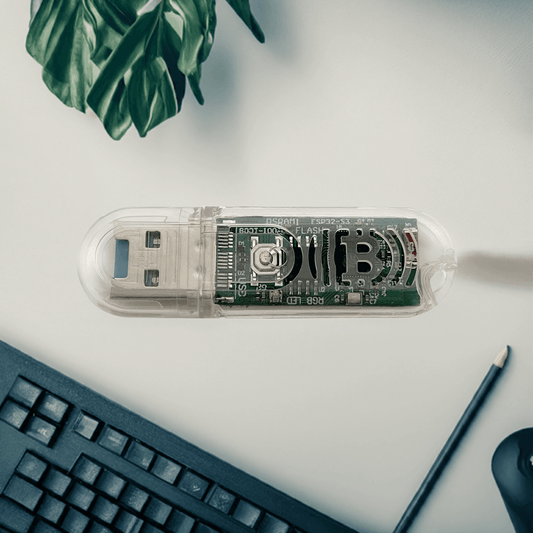

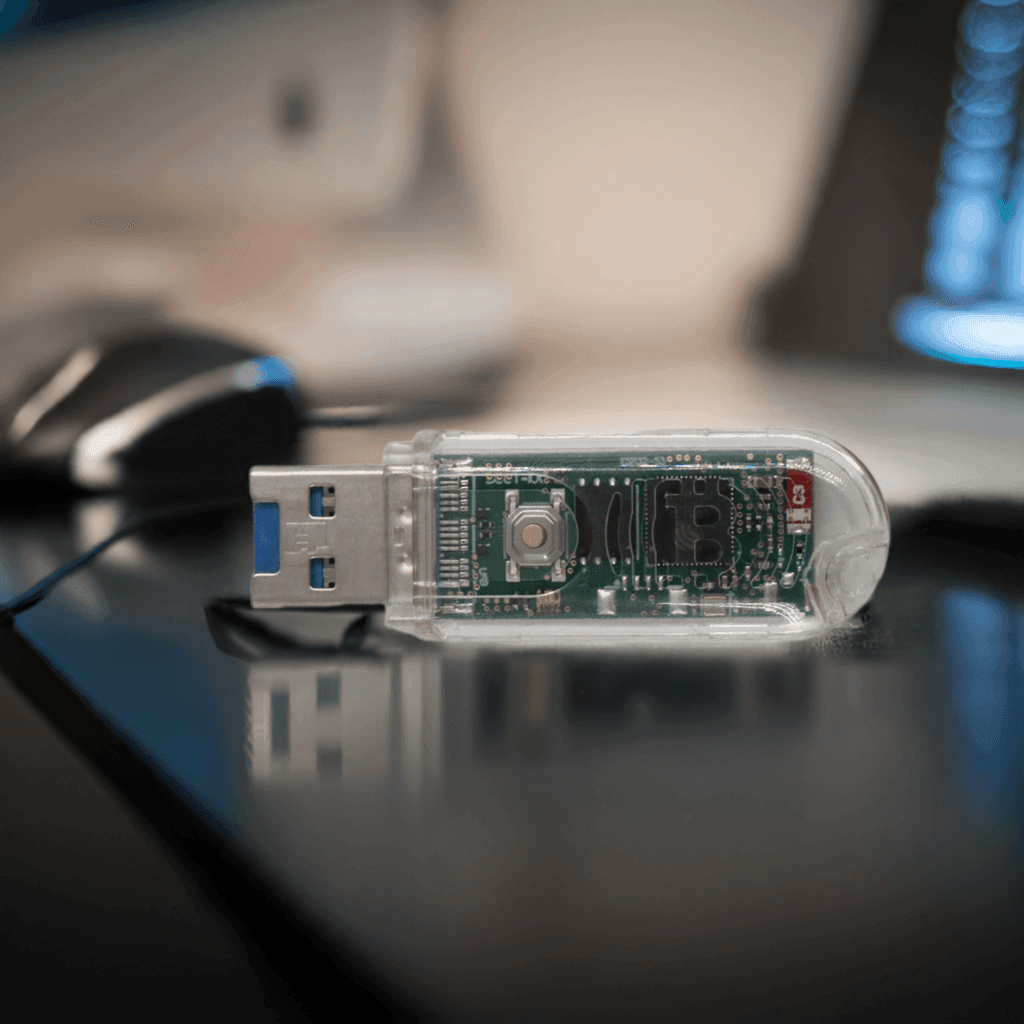

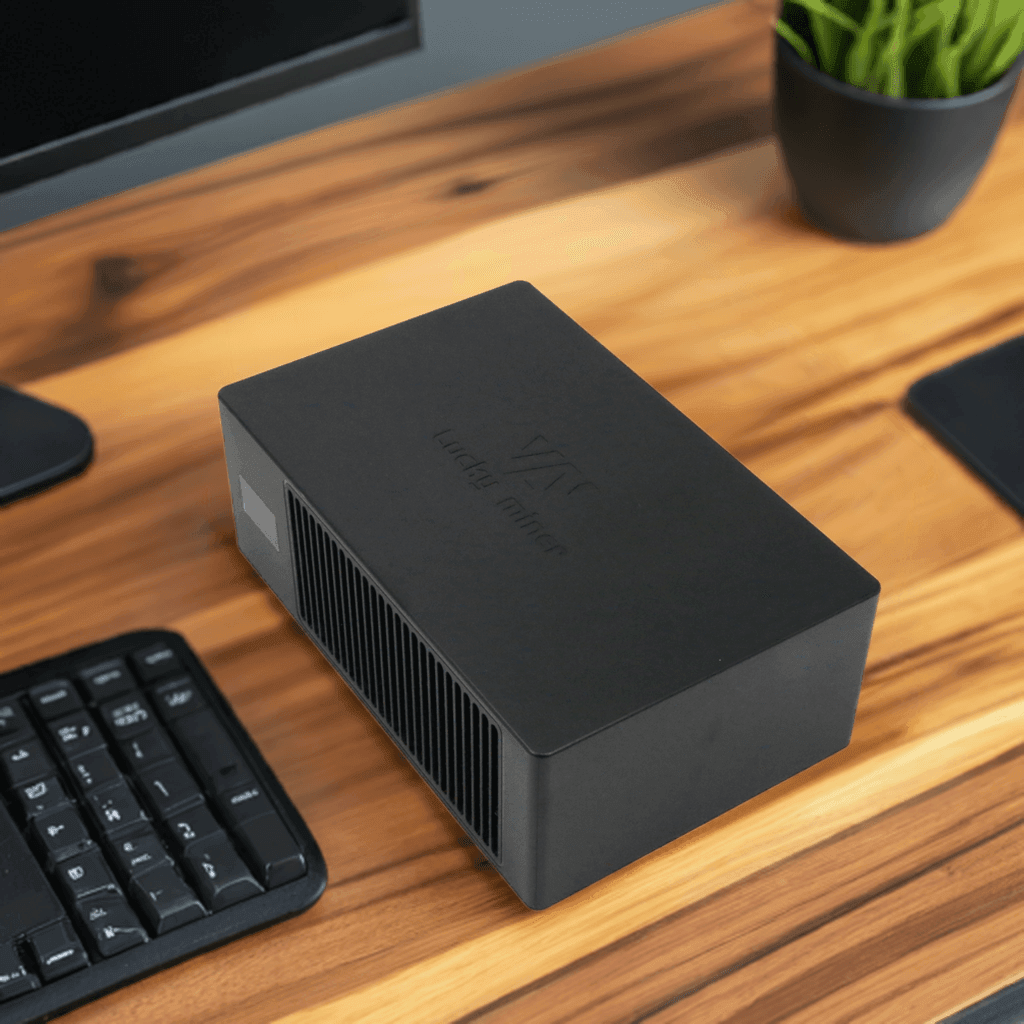

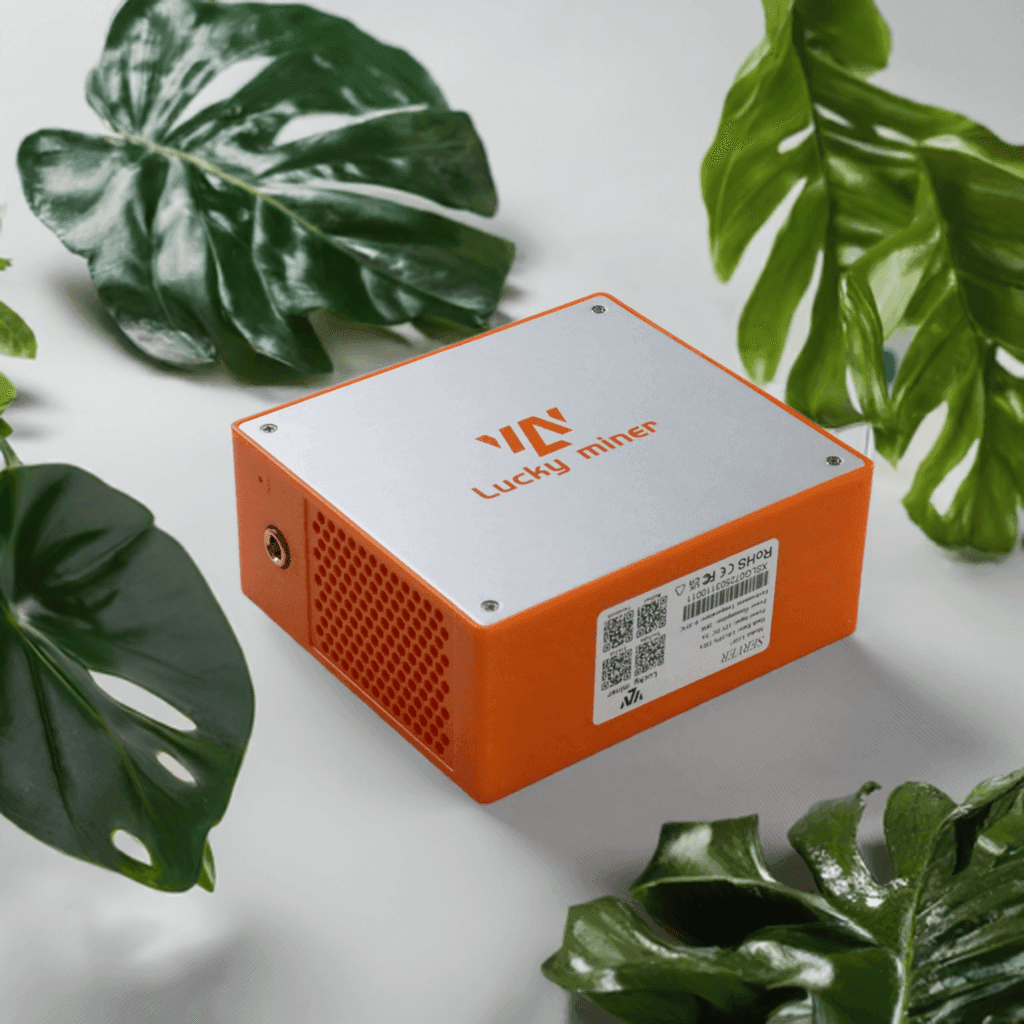



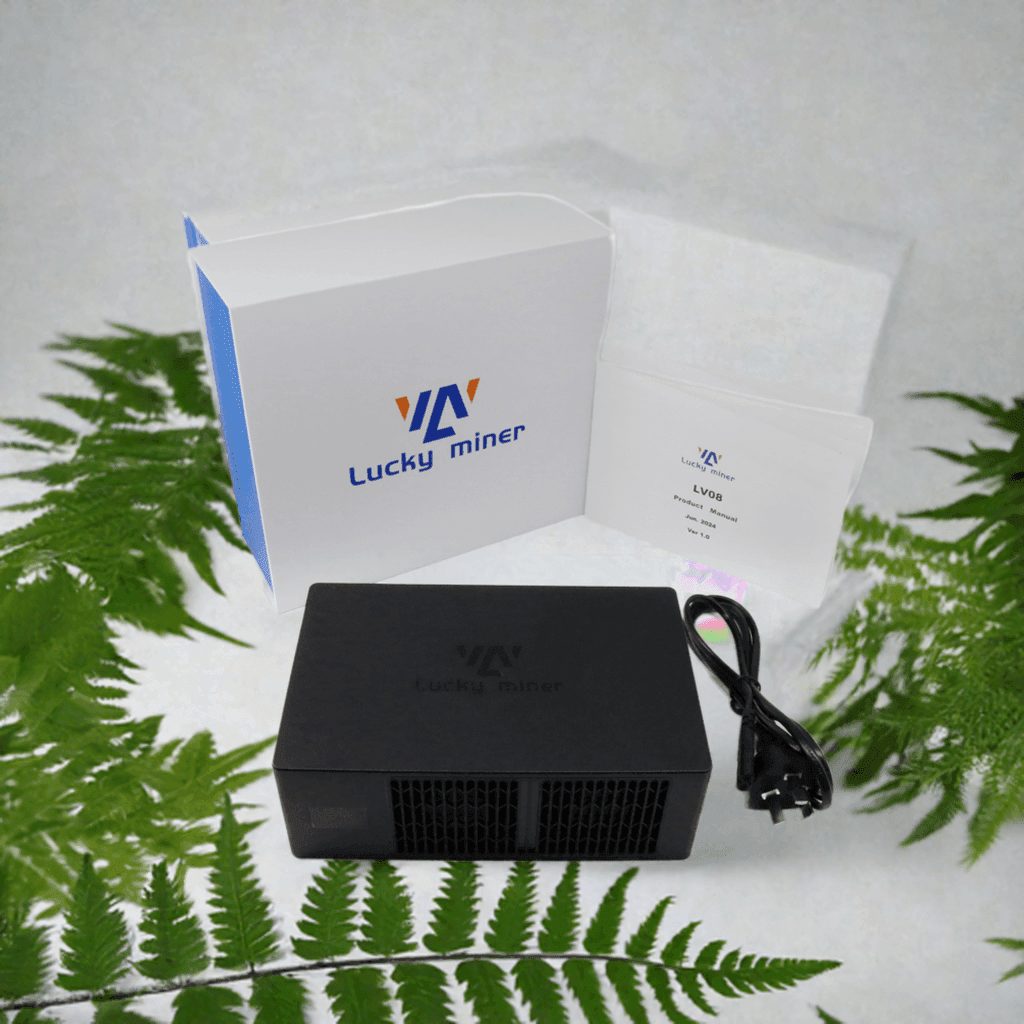

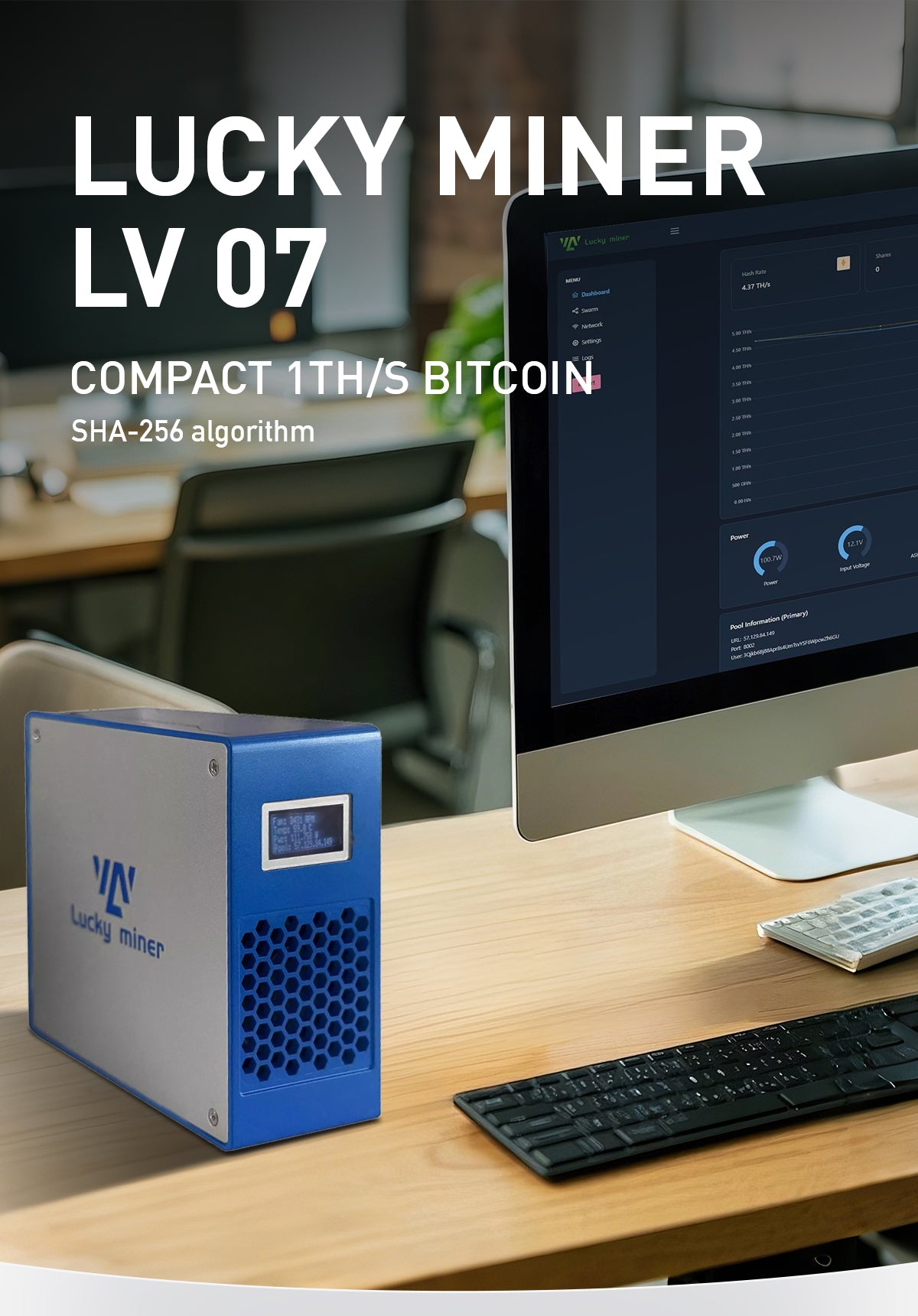


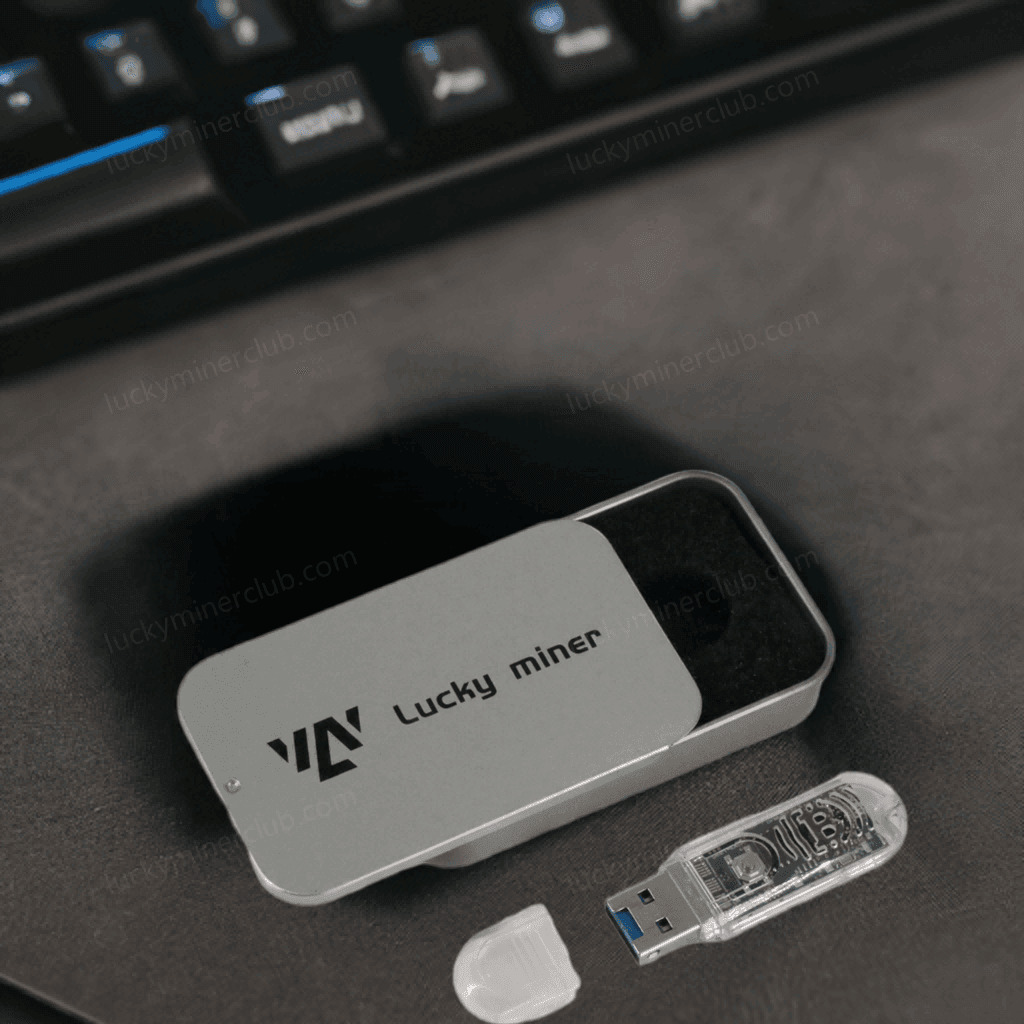
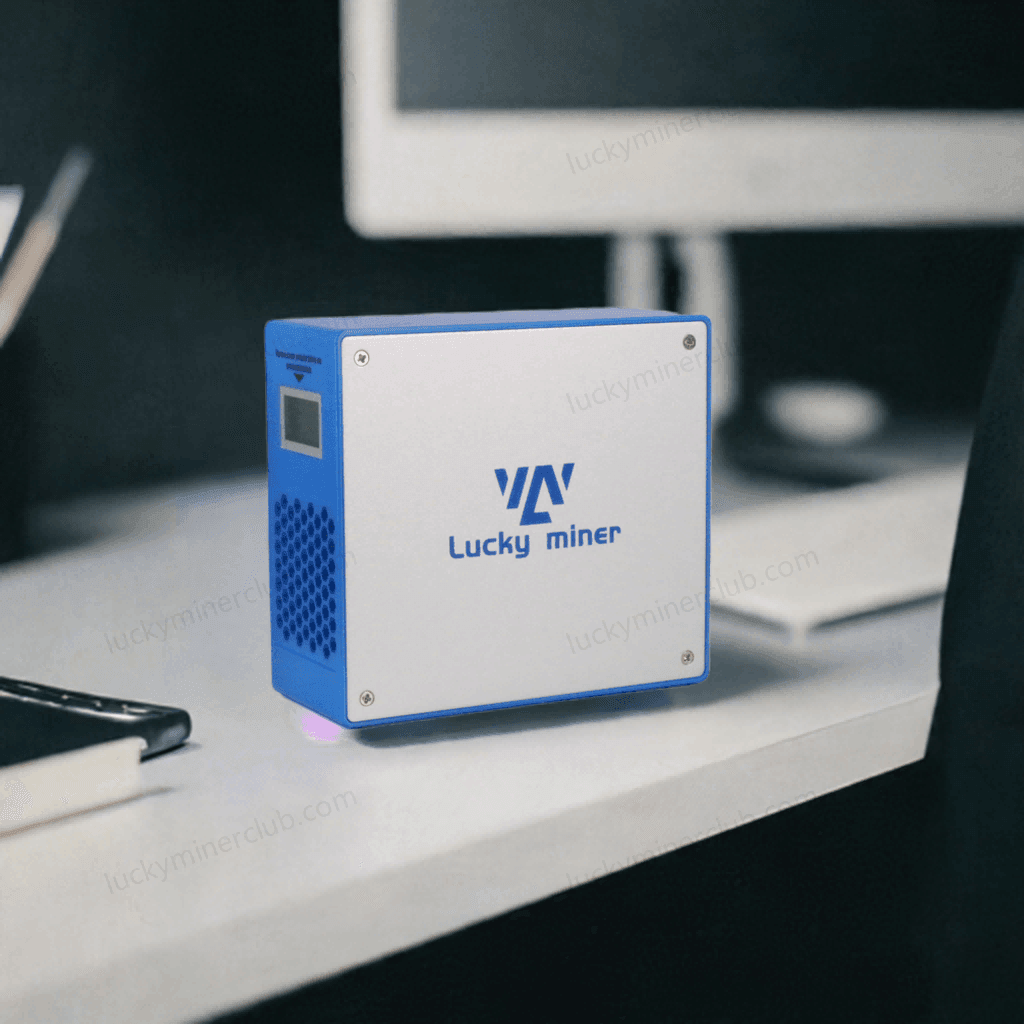
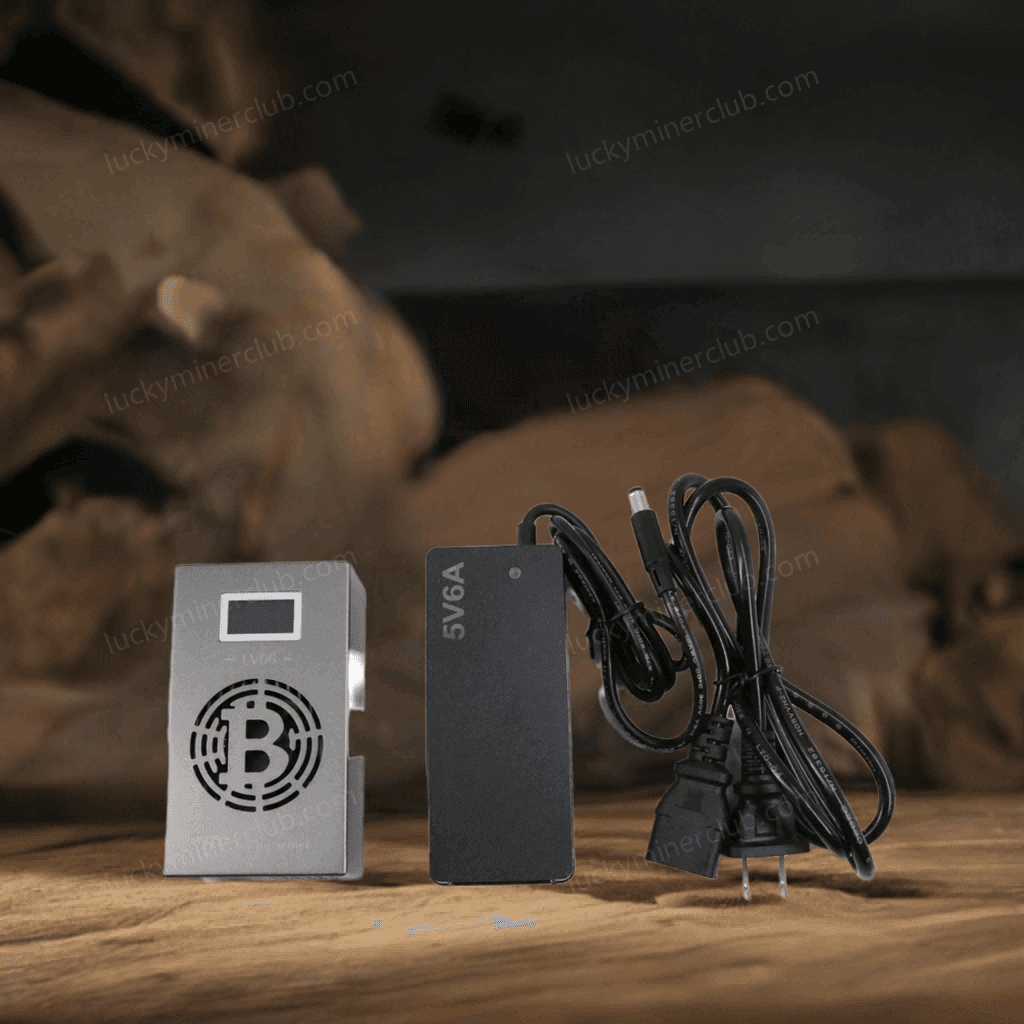

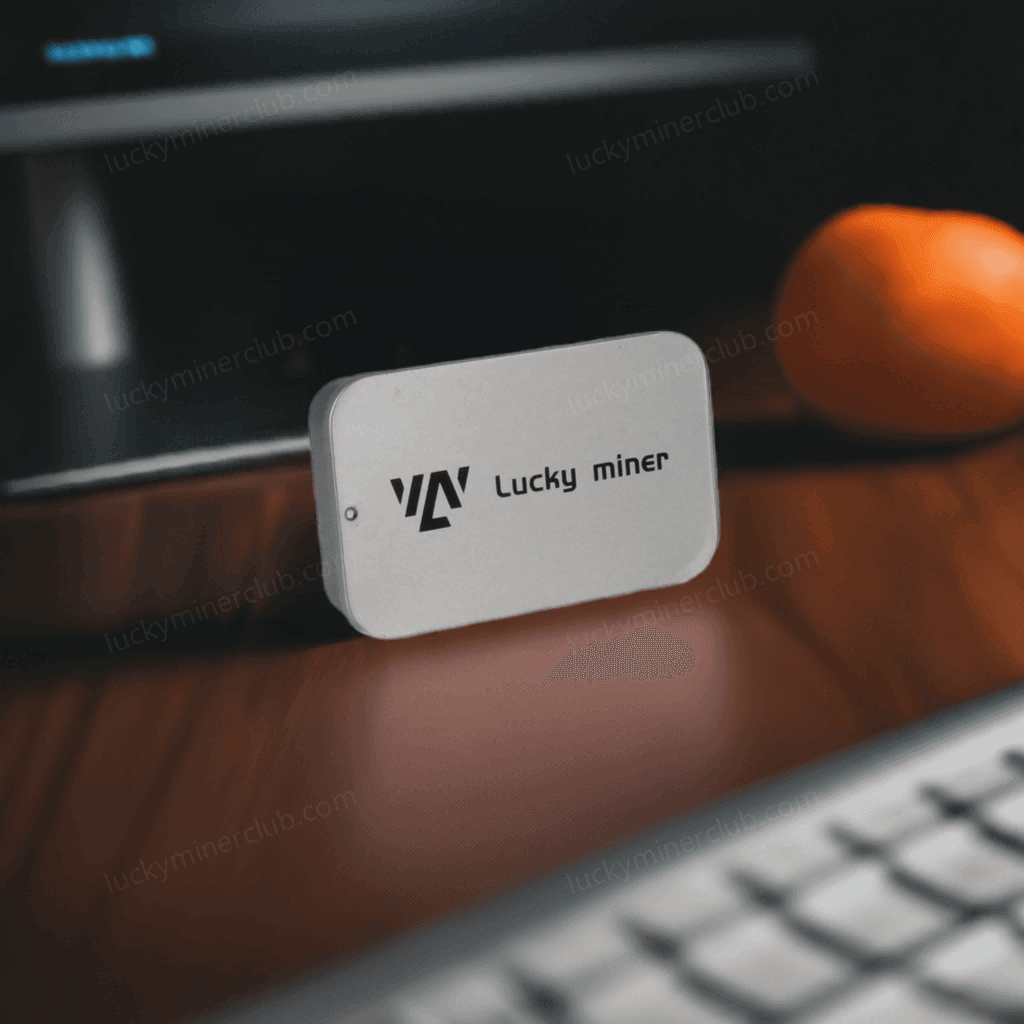
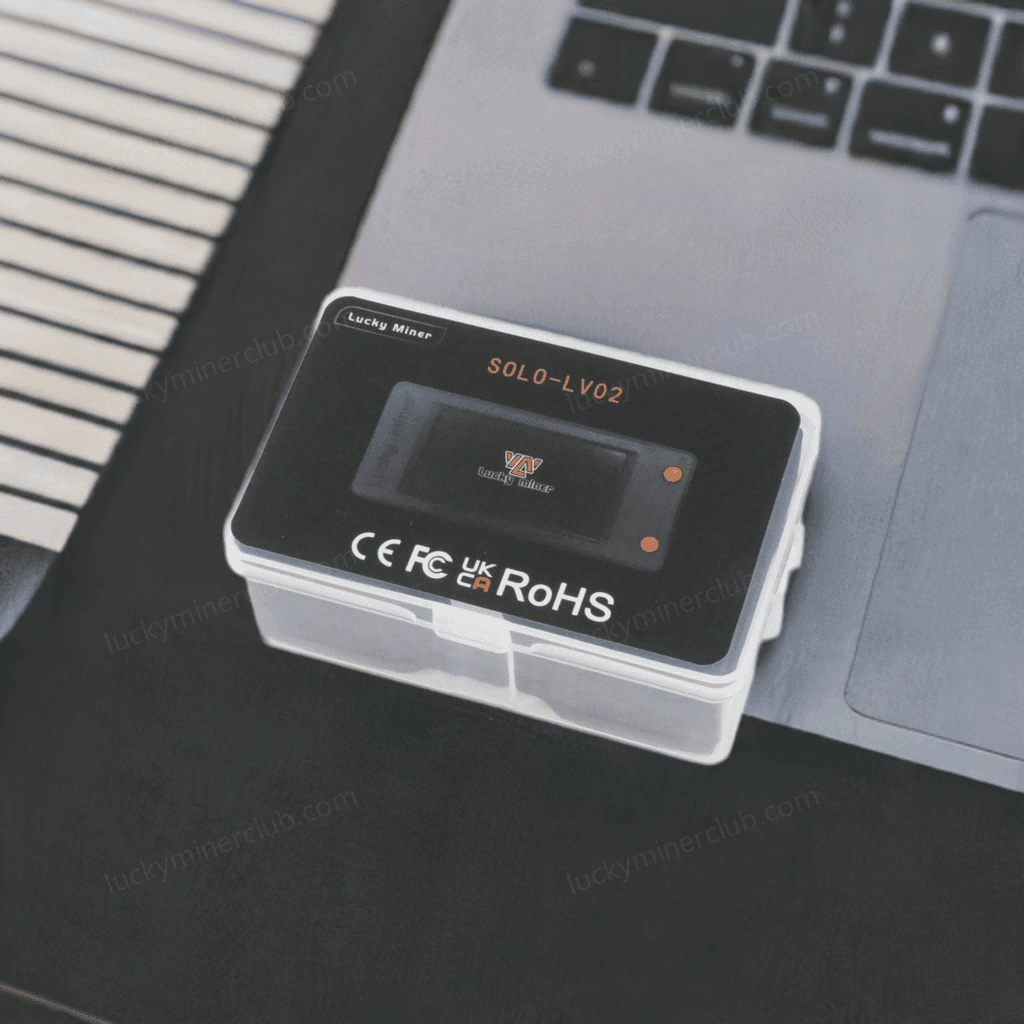
Leave a comment